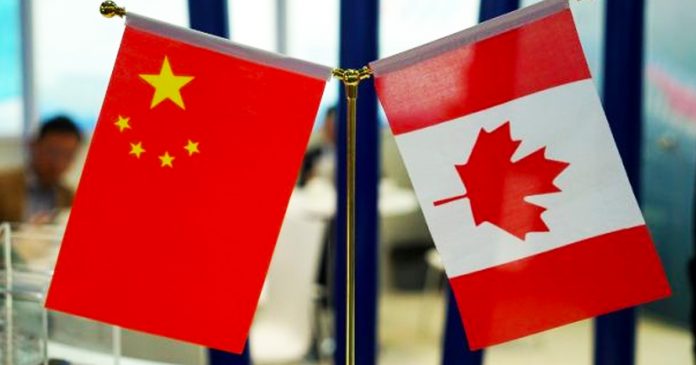The Trudeau government is now saying its “two billion trees” program never actually aimed to fund the planting of two billion trees, but is instead a part of other government initiatives aimed at meeting the tree planting goal.
Back in 2019, Prime Minister Justin Trudeau wrote on X (the platform formerly known as Twitter): “We’ll plant 2 billion trees over the next ten years. That’s it. That’s the tweet.”
His post came as Swedish climate advocate Greta Thunberg was in Canada, urging the government to take further climate action.
In 2020, Natural Resources Canada launched a $3.16 billion tree planting plan aimed at planting two billion trees in ten years.
“Today, the Honourable Seamus O’Regan, Canada’s Minister of Natural Resources, launched the Government of Canada’s plan to plant two billion trees over 10 years, with an investment of $3.16 billion,” reads the government’s 2020 press release.
“Meeting this commitment will help Canada address climate change by reducing carbon pollution and is a key part of Canada’s efforts to achieve net-zero greenhouse gas emissions by 2050.”
The Trudeau government is, however, now saying that the tree planting fund is only part of a larger initiative to plant two billion trees as the fund fails to reach its targets each year.
A Natural Resources Canada spokesperson told Le Devoir that “other federal departments and agencies, including ECCC [Environment and Climate Change Canada], Infrastructure Canada, Parks Canada and Veterans Affairs Canada, have also funded and/or supported the planting of additional trees in Canada on a smaller scale.”
“These efforts are part of the Government of Canada’s commitment to plant 2 billion trees.”
Fifty-six million trees have been planted through the government’s tree planting program since 2021. However, Le Devoir reported that the Trudeau government added 54 million trees planted as a result of Environment and Climate Change Canada’s Low Carbon Economy Fund (LCEF) to the count. Bringing the total to 110 million.
The tree planting program alone was supposed to plant 90 million trees in the first two years – an objective which it failed to meet.
Minister Jonathan Wilkinson claimed in a CBC that his government has always been clear about plans to include other government programs in tree count calculation.
“I mean, at the end of the day, I am not sure Canadians care if some of the trees come from Low Carbon Economy or some come from other programs,” said Wilkinson.
The government has however received criticism for its latest backpedaling.
Environmental and Sustainable Development Commissioner Jerry DeMarco described the government’s conduct as “creative accounting” in an interview with CBC.
“It’s certainly within their prerogative to do that,” he added. “But to achieve the benefits for climate, biodiversity and human health, adding trees is needed. Not simply finding trees and other programs that have already been planted and saying, ‘Oh, this now counts, we’ve got a higher number than anyone expected.'”
Opposition politicians have also criticized the government.
Calgary Centre Conservative MP Greg McLean told CBC, “let’s admit to Canadians what this is. This program was a bit of a virtue-signal in the first place.”
Meanwhile, NDP leader Jagmeet Singh accused the Trudeau government of breaking another promise.
As previously reported by True North, DeMarco’s office had delved into the tree planting program’s performance during the initial two years, and had found the government was falling well behind its goals and not even four percent of the promised trees will be in the soil by 2030.
“It is unlikely that the two billion trees program will meet its objectives unless significant changes are made,” he explained.
With files from True North’s Cosmin Dzsurdzsa.



























